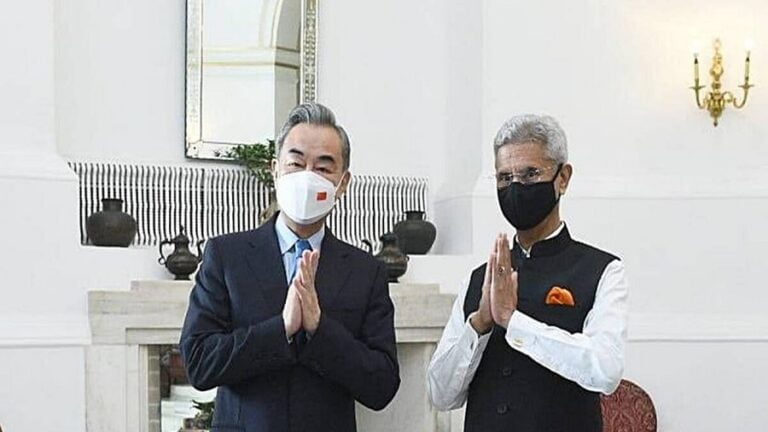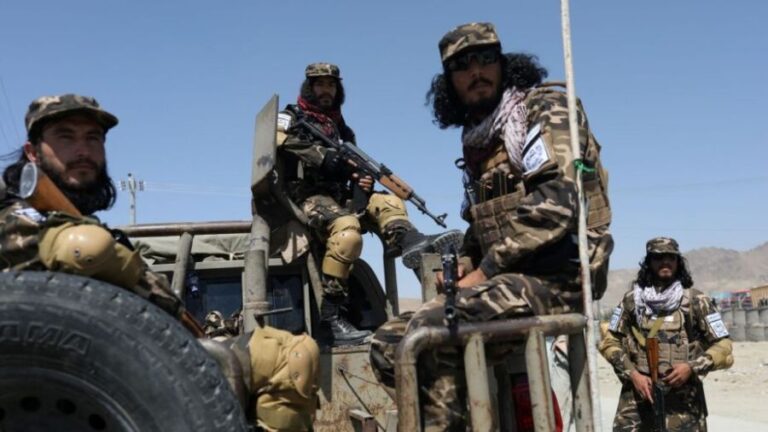Egypt and Nuclear Energy
On December 10th 2017, the president of Russian Vladimir Putin made an unexpected geopolitical trip in the Middle East. On that day, he managed to visit the Russian airbase Hmeimim in Syria, then he met his Egyptian counterpart Abdel Fattah el-Sisi in Cairo, and the trip finished with negotiations in Ankara, Turkey.
In Cairo, the Russian and Egyptian authorities signed a contract to build Egypt’s first nuclear power plant in Dabaa. The whole investment project is worth $21 billion. It is expected that the Russian side will cover 85% of the construction costs in the form of loan, and the rest 15% will be covered by Egypt. The plant in Dabaa, which is located 130 km northwest from the capital Cairo, is planned to be finished somewhere around 2026-2030. Egypt’s first nuclear power plant will be running four brand new VVER-1200 reactors.
Speaking of energy projects, the cooperation between Russia and Egypt isn’t coming out of the blue. Moscow and Cairo had signed the initial contract for Dabaa NPP back in 2015. Ever since then, the Egyptian government has taken legal measures to provide the necessary legal basis for the development of nuclear power for peaceful purposes.
The completion of big projects like Dabaa Nuclear Power Plant will only strengthen Russia’s political presence in the Middle East.
On the other hand, Egypt is pursuing nuclear energy policy for several reasons. Nuclear power plants are one of the most cost-effective forms of electricity generation. Modern reactors are built with a number of security measures, both passive and active.
From a technical standpoint, the advantage of the nuclear reactors comes from its main fuel element – uranium. Its thermal properties are better than those of coal. So if the burning of 1kg. coal can generate 8kWh of energy, the same amount of burnt uranium will provide 24,000,000kWh energy.
Moreover, the nuclear reactors don’t emit carbon emissions, which is a major problem of the industrialized countries today.
The energy crisis in Egypt has shown that the country needs to build new power plants. At the end of 2013, the electricity output reached 30 000 megawatts – far from being enough for a large country with a population of 82 million. According to a report by the Egyptian Energy Ministry published the same year, households had the largest share of electricity consumption – 40%. Industrial plants consumed around 30% of the country’s electricity production. Between 2000 and 2014, the electricity consumption per capita grew by 72% – from 961,95kwh to 1657,77 kWh, respectively.
The terror attacks on the energy infrastructure are another major problem for the Egyptian State. These attacks are one of the reasons for the frequent power blackouts. Serious difficulties with supplying power have arisen. In 2014, the daily demand for electricity amounted to 27,700 megawatts – 20% more than the country could produce at that time.
Nuclear power plants aren’t just industrial facilities used to produce electricity. Their specific nature makes them a key aspect of the national security. So it’s quite natural such projects to face questions about security. A major threat is the risk of terror attacks. The Islamic State has presence in the Sinai Peninsula which is a big problem. On November 24th 2017, ISIS killed more than 305 people in a mosque in al-Rawdah in northern Sinai – the bloodiest terror attack in the modern history of Egypt.
Ensuring the safety of the nuclear power plants is vital for the Egyptian authorities if they decide to go on with building the Dabaa station.
Another issue would be the staff of the new plant. Egypt has never operated nuclear power plants before. This means that the authorities will have to make serious investments in education and training future personnel – physicists, control room operators, technical staff, engineers, management and so on. The partnership with the Russian side is crucial, not only because the technology is Russian, but also because the Russians have solid experience and know-how in running nuclear power plants.
The construction of a new nuclear power plant is a big investment project. It requires mobilization of huge financial resources. Poor financial management is one of the most common problems faced by countries when they launch such mega-projects. Poor planning and short-sighted political decisions can significantly delay the construction or escalate the investment costs, thus making the whole project economically unprofitable. Other factors may also delay the construction – such as economic or political instability in the country. It’s important that Egypt maintains steady macroeconomic indicators such as GDP growth, stable inflation rate and reasonable debt levels, so the project goes on schedule.
From a strategic point of view, having new nuclear power capacities provides many political opportunities – both domestic and regional. With the construction of the Dabaa Nuclear Power Plant, Egypt can solve its internal economic problems, but also strengthen its position as a key energy player in the region.
Economic-wise, nuclear power can provide solution to the country’s most urgent energy problems. The modern industry needs more electricity. High technology, automation and robotics will have a major share in the new manufacturing industries. Egypt’s industrial production rose by 29,2% between 2016 and 2017. Expanding the industrial sector means that the country’s energy needs will increase. But the industry does not only need electricity, it’s important for the prices of electricity to be cost-effective, so business can improve its competitiveness which would result in better economic performance.
The households’ energy supply is another important element because they are the largest electricity consumer in the country. Nuclear power plants have the potential to lower the cost of electricity.
Egypt’s nuclear power plants don’t mean that the country will give up the other ways of electricity generation such as renewable energy sources. Earlier in 2017, the Egyptian government announced its plans to invest in renewables as well. According to those plans, the share of renewables in the country’s energy mix should reach 20% by 2020. Egypt has favorable territorial conditions for renewable energy installations such as vast deserts, uninhabited terrains, and a lot of sunlight and high temperatures.
The new nuclear capabilities for civil purposes will allow Egypt to diversify its energy mix. The nuclear power plants have the potential to be competitive as a base power. This is the case in many countries in Europe and Asia, which continue to use nuclear plants. Today, thermal plants have the largest share in Egypt’s energy mix. Adding nuclear power, combined with the ambitious plans for renewable energy, could certainly provide the necessary energy diversification.
References:
(1) https://www.euronuclear.org/info/encyclopedia/f/fuelcomparison.htm
(2) https://www.theguardian.com/world/2014/aug/20/egypt-blackouts-energy-crisis-power-cuts
(3) http://www.climateactionprogramme.org/news/egypt-to-invest-billions-in-renewable-energy-plan
(4) http://www-pub.iaea.org/MTCD/Publications/PDF/CNPP2015_CD/countryprofiles/Egypt/Egypt.htm
By Borislav Boev
Source: A-specto via South Front







